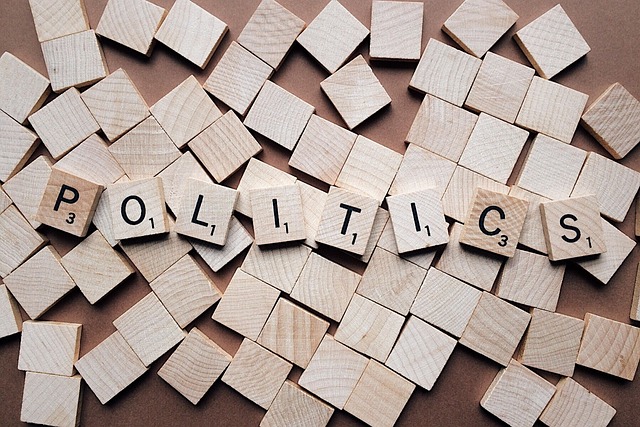Whistleblower Allegations Roil Hunter Biden Investigation

The federal investigation into Hunter Biden's financial dealings, led by Special Counsel David Weiss, faces heightened scrutiny following public allegations by IRS whistleblowers. These agents claim the investigation was improperly influenced and that standard procedures were compromised, sparking intense political debate and internal reviews.
Claims of Irregularities and Protected Disclosures
Two IRS agents involved in the Hunter Biden tax probe testified before Congress, alleging political interference that hampered their investigation. They detailed specific instances where they claim recommended charges or search warrants were delayed or denied. These agents assert their disclosures are protected under whistleblower laws.
Central to the controversy is the disclosure of sensitive taxpayer information, typically protected under strict federal law (Internal Revenue Code Section 6103). The whistleblowers argue their disclosures to Congress were legally justified exceptions for reporting misconduct.
Potential Fallout for the Investigation and IRS
These allegations, whether ultimately substantiated or not, complicate the ongoing Special Counsel investigation. Defense attorneys for Hunter Biden could potentially use claims of procedural irregularities or alleged bias to challenge evidence or the fairness of the prosecution. The credibility of both the investigation and the IRS is under intense scrutiny.
For example, if investigative steps were demonstrably hindered by improper influence, it could raise questions about the completeness or impartiality of the evidence gathered before Weiss was appointed Special Counsel.
Agency Response and Ongoing Probes

The IRS and the Department of Justice (DOJ) have acknowledged the whistleblowers' claims. While defending the integrity of the investigation, officials have stated the allegations are being reviewed. Attorney General Merrick Garland appointed David Weiss as Special Counsel in August 2023, granting him broader authority, partly in response to the controversy surrounding the investigation's handling.
Political Firestorm and Public Perception

The whistleblower allegations have become a focal point in political discourse. Republican lawmakers champion the whistleblowers, citing their testimony as evidence of potential political bias within the Justice Department and IRS. Democrats often counter that the claims require thorough investigation and note Weiss's continued role, originally appointed by a Republican administration.
What's Next?
Special Counsel Weiss's investigation into Hunter Biden continues, now encompassing the period and issues raised by the whistleblowers. Congressional committees are also probing the allegations. The outcome of these investigations and any potential legal challenges related to the whistleblower disclosures will likely unfold over the coming months, impacting both the specific case and broader discussions about institutional integrity.
